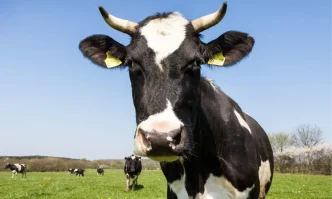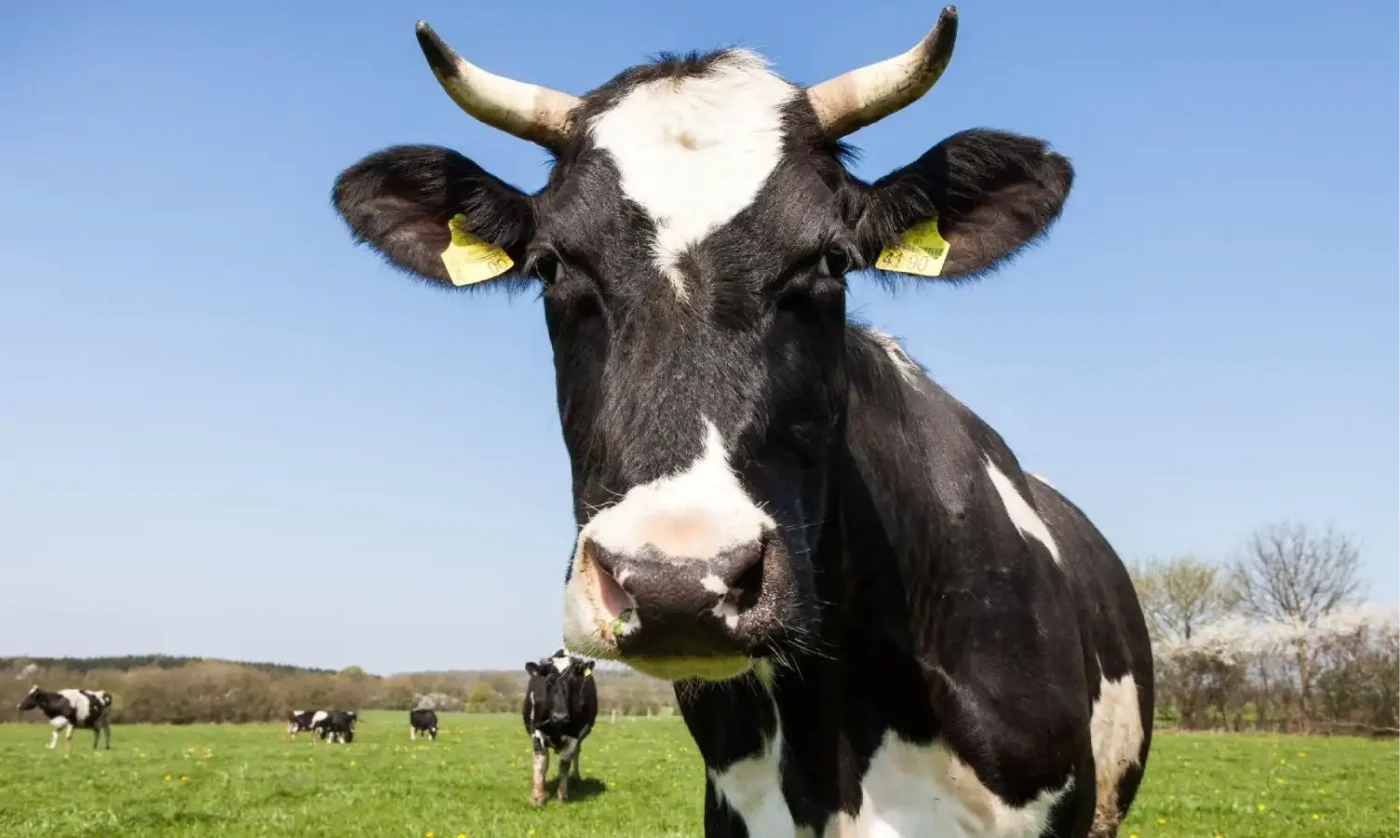Thailand is gearing up for crucial talks with its neighbors Laos and Vietnam to reverse a ban on cattle imports, imposed after a recent anthrax outbreak in the northeastern province of Mukdahan. With the outbreak now declared contained, Thai officials are eager to restore confidence in their livestock industry, as the ban threatens significant economic losses, particularly in border provinces like Nakhon Phanom, where monthly export revenues could plummet by up to 500 million Thai Baht (US$14 million).
Anthrax Outbreak and Immediate Fallout
The crisis began on April 30, when Thailand confirmed cases of anthrax in Mukdahan province, resulting in one death and three infections. The bacterial disease, which can spread from animals to humans, prompted swift action from neighboring countries. Both Laos and Vietnam, key markets for Thai cattle, imposed immediate import bans to safeguard their own livestock and public health. The decision, while precautionary, disrupted a vital trade corridor in the region, particularly affecting exports through the Third Thai-Lao Friendship Bridge in Nakhon Phanom.
By May 7, however, the Mukdahan Public Health Office announced that the outbreak was over, with no new cases reported. This declaration has fueled Thailand’s push to reassure its neighbors that the situation is under control. The Department of Livestock Development, alongside local authorities in Nakhon Phanom, is now preparing to engage in diplomatic discussions to lift the restrictions, emphasizing that rigorous containment measures have been implemented.
Economic Stakes for Northeastern Thailand
The economic impact of the ban is stark, especially for provinces like Nakhon Phanom, a hub for cattle exports in northeastern Thailand, also known as Isaan. Prior to the outbreak, between 10,000 and 15,000 live cattle were exported monthly to Laos and Vietnam, with each animal valued at 50,000 to 80,000 Thai Baht (US$1,400 to US$2,250). This trade generated monthly revenues of 300 to 500 million Thai Baht (US$8.4 million to US$14 million), a lifeline for local farmers and traders.
Officials from the Nakhon Phanom Livestock Office have warned that prolonged restrictions could cost the province up to 500 million Thai Baht (US$14 million) each month. Beyond the immediate financial losses, the ban risks damaging long-term trade relationships with Laos and Vietnam, both of which rely on Thai cattle to meet domestic demand for beef. Small-scale farmers, who form the backbone of the region’s livestock sector, are particularly vulnerable, as they lack the resources to pivot to alternative markets or absorb sustained losses.
The ripple effects extend beyond Nakhon Phanom. Northeastern Thailand, one of the country’s less affluent regions, depends heavily on agricultural exports to bolster its economy. A prolonged ban could exacerbate existing inequalities, as rural communities struggle to recover from the dual shocks of the outbreak and the trade disruption. Thai authorities are keenly aware of these stakes, framing the upcoming talks not just as a matter of trade policy, but as a critical step to protect livelihoods.
Diplomatic Efforts and Regional Dynamics
The planned discussions with Laos and Vietnam highlight the delicate balance of regional cooperation in Southeast Asia, where shared borders and interdependent economies often intersect with public health concerns. Thailand’s Department of Livestock Development is expected to present evidence of the outbreak’s containment, including data on vaccination campaigns and enhanced biosecurity measures in affected areas. The goal is to rebuild trust in Thai livestock, assuring both countries that the risk of anthrax transmission has been eliminated.
Yet, the talks are not without challenges. Vietnam and Laos, while economically tied to Thailand, have their own agricultural sectors to protect. Vietnam, for instance, has been working to bolster its domestic cattle industry, and prolonged import bans could serve as an opportunity to reduce reliance on Thai supplies. Laos, meanwhile, faces logistical hurdles in verifying Thailand’s claims, given the porous nature of border trade and the difficulty of monitoring livestock movements in remote areas.
Thai officials are also mindful of the broader geopolitical context. Both Laos and Vietnam are key partners in the Association of Southeast Asian Nations (ASEAN), and maintaining cordial trade relations is essential for regional stability. A failure to resolve the import ban issue could strain these ties, potentially affecting other areas of cooperation, such as infrastructure projects or joint efforts to combat transboundary diseases.
Strengthening Livestock Standards
In parallel with diplomatic efforts, Thailand is taking steps to prevent future outbreaks that could jeopardize its export markets. The Department of Livestock Development has pledged to strengthen cattle farming standards, particularly in northeastern provinces. This includes improving meat quality through better breeding practices, enhancing veterinary oversight, and implementing stricter disease surveillance systems. Such measures aim to not only address immediate concerns but also position Thai livestock as a reliable and safe product on the international stage.
These reforms, however, come with their own set of challenges. Upgrading farming standards requires significant investment, both from the government and private sector. Smallholder farmers, who dominate the livestock industry in Isaan, may struggle to meet new requirements without financial support or training. There is also the question of enforcement—ensuring compliance across a vast and diverse region like northeastern Thailand is no small task. If successful, though, these efforts could serve as a model for other countries in the region facing similar challenges with livestock trade and disease control.
Public Health and Consumer Confidence
Beyond economics and diplomacy, the anthrax outbreak has raised important questions about public health and consumer confidence. Anthrax, caused by the bacterium Bacillus anthracis, is rare but can be deadly if contracted through contact with infected animals or contaminated products. The Mukdahan outbreak, though limited in scope, underscored the risks associated with livestock trade, particularly in areas where health infrastructure may be under-resourced.
For Laos and Vietnam, lifting the ban will likely hinge on assurances that Thai cattle pose no health risks to their populations. This may involve joint inspections or agreements on health certification for exported livestock. Public sentiment in both countries will also play a role—consumers wary of anthrax could pressure their governments to maintain restrictions, even if scientific evidence suggests the threat has passed.
In Thailand, the outbreak has sparked domestic discussions about the need for better public health preparedness in rural areas. The single fatality in Mukdahan serves as a reminder of the human cost of such crises, prompting calls for improved access to medical care and faster response mechanisms in remote regions. As one local official in Nakhon Phanom noted, “We need to protect both our cattle and our people if we want to keep this industry alive.”
Looking Ahead: A Test for Regional Trade
As Thailand prepares for talks with Laos and Vietnam, the outcome will serve as a litmus test for the resilience of regional trade networks in Southeast Asia. The cattle export ban, while rooted in legitimate health concerns, has exposed the fragility of cross-border supply chains, particularly for agricultural goods. Resolving the issue will require not just technical solutions, but a shared commitment to collaboration and transparency among the three nations.
For now, the farmers and traders of Nakhon Phanom wait anxiously for news of a breakthrough. The stakes are high—both economically and socially—and the coming weeks will reveal whether Thailand can restore its standing as a trusted supplier of livestock in the region. As one trader at the Third Thai-Lao Friendship Bridge put it, “This isn’t just about cattle. It’s about our future.”















